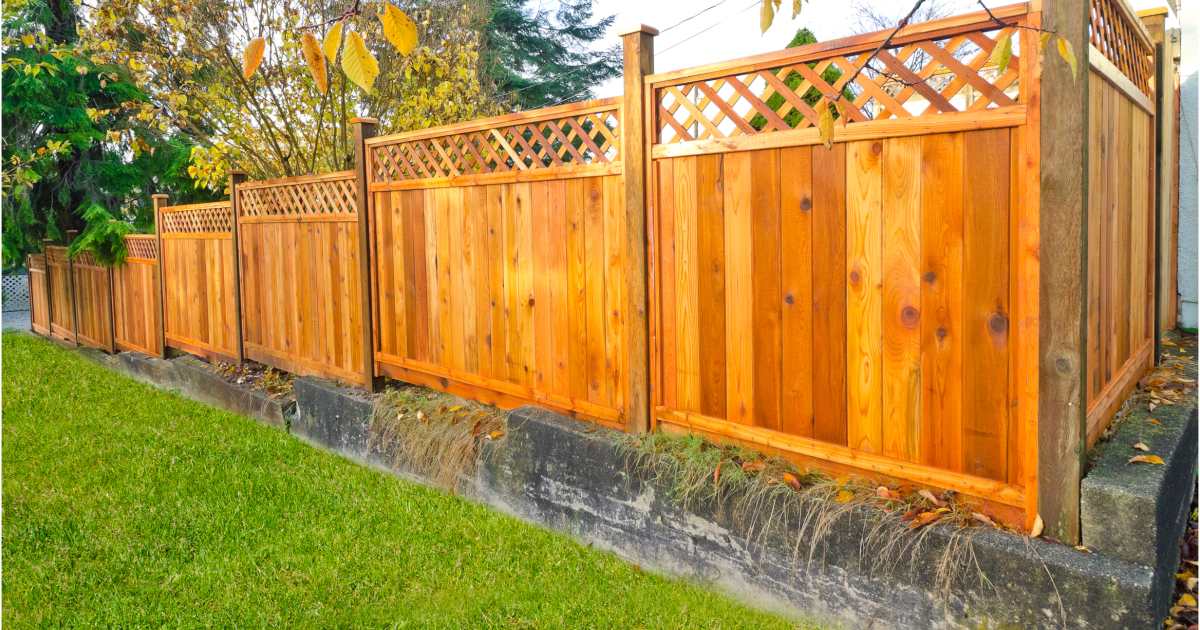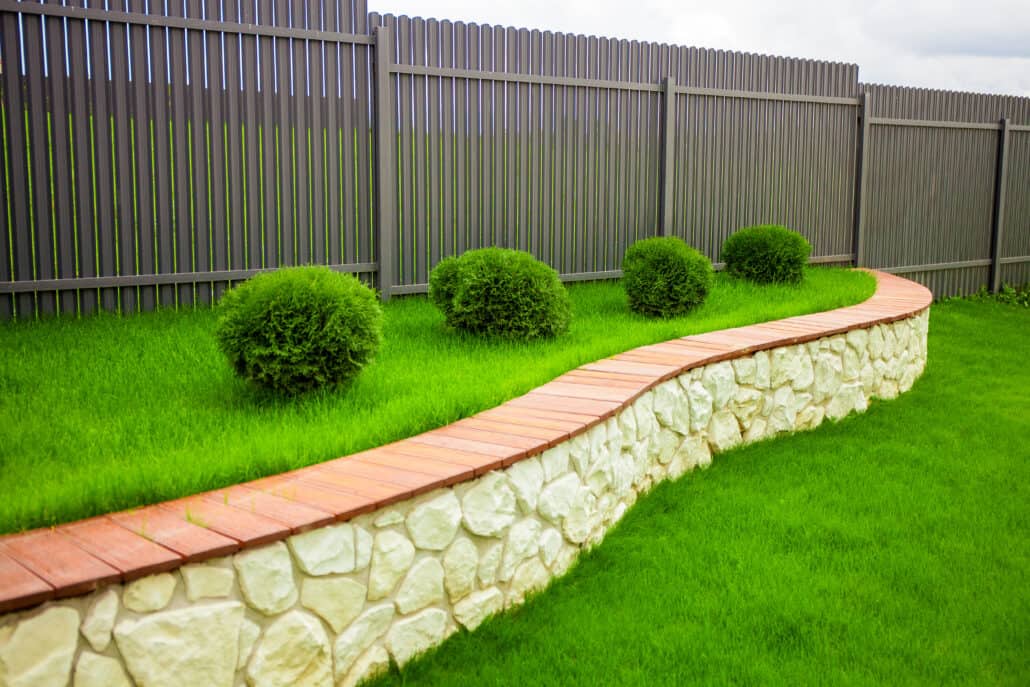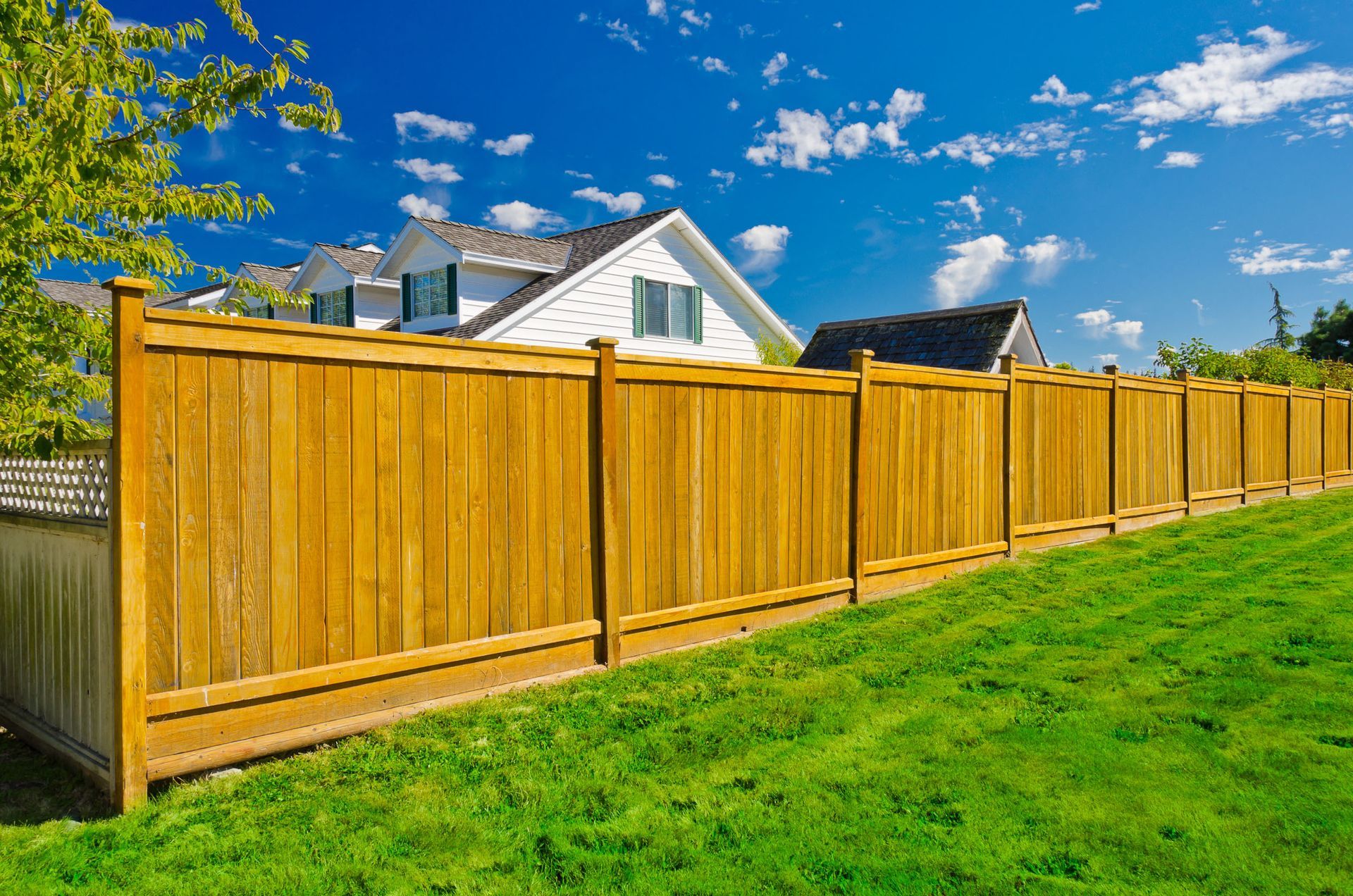All Categories
Featured

Selecting the right fence product is necessary for attaining the equilibrium of resilience, appearances, and performance that suits your property. Timber, plastic, and aluminum are popular selections, each with distinct features that provide to details requirements. Here's a comprehensive check out the advantages and drawbacks of these three products.
Timber Fencing. Pros:. Timeless Appeal: Wood supplies a natural, timeless appearance that enhances different building designs. Customizable: It can be painted or tarnished in a variety of shades and layouts. Affordable: Wood fencings are typically less expensive upfront than plastic or light weight aluminum. Eco-Friendly: As a renewable energy, wood is lasting and biodegradable when sourced responsibly. Disadvantages:. Maintenance-Intensive: Calls for regular staining, painting, or securing to shield against weather condition and insects. Much Shorter Lifespan: Depending on the sort of timber and environment, it commonly lasts 10-15 years. Vulnerability to Damages: Prone to decaying, bending, and termite damage without appropriate care. Timber is optimal for home owners who value appearances and want to invest effort and time in maintenance to lengthen its life.
Vinyl Fence. Pros:. Long lasting: Resistant to pests, rot, and climate, vinyl maintains its structure in harsh problems. Reduced Maintenance: Requires little upkeep beyond periodic cleansing. Lengthy Lifespan: Plastic can last 20-30 years without considerable wear or damage. Versatile Layouts: Offered in numerous shades, appearances, and styles, consisting of choices that resemble wood. Cons:. Expensive Installment: Vinyl fences are more expensive to install compared to wood. Fragile in Winter: Vinyl can break in extreme cool climates. Challenging to Fixing: If harmed, whole areas may need replacement, which can be testing to match. Plastic fencing is an excellent option for those focusing on long life and minimal maintenance, even if it comes with a greater upfront price.

Light Weight Aluminum Secure Fencing. Pros:. Rust-Resistant: Aluminum does not rust, making it suitable for damp or damp areas. Solid however lightweight: Deals toughness without being overly hefty, which streamlines installment. Low Maintenance: Needs bit more than cleaning and periodic repainting. Durability: Light weight aluminum fences can last for years without considerable wear and tear. Classy Designs: Commonly used for decorative functions, light weight aluminum adds class to any property. Cons:. High First Cost: Light weight aluminum fences are amongst the more pricey alternatives. Restricted Personal privacy: Often created with open areas, they don't block sights or noise. Vulnerable to Damages: While tough, aluminum can be nicked or curved with hefty impact. Aluminum is ideal suited for those who desire a long-lasting, fashionable fencing and do not need total personal privacy.
Making the Right Choice. Each product has its strengths and weaknesses:

Timber is best for eco-conscious buyers and standard visual appeals who don't mind upkeep. Plastic helps property owners seeking a weather-resistant, low-maintenance service. Aluminum is a sturdy, ornamental choice for those who desire sophistication and durability. Consider your top priorities-- whether it's cost, privacy, maintenance, or look-- and speak with a secure fencing specialist to select the product that ideal fulfills your needs. A well-selected fence will enhance your home for years ahead.
Latest Posts
Reputable Industrial Roof Covering Services by Weathercraft
Published May 25, 25
1 min read
Uncover the Best Auto Repair Coupons in Montclare, Chicago
Published May 23, 25
1 min read
How to Know When Your Car Needs Skilled Car Repair at Montclare Auto Repair
Published May 23, 25
1 min read